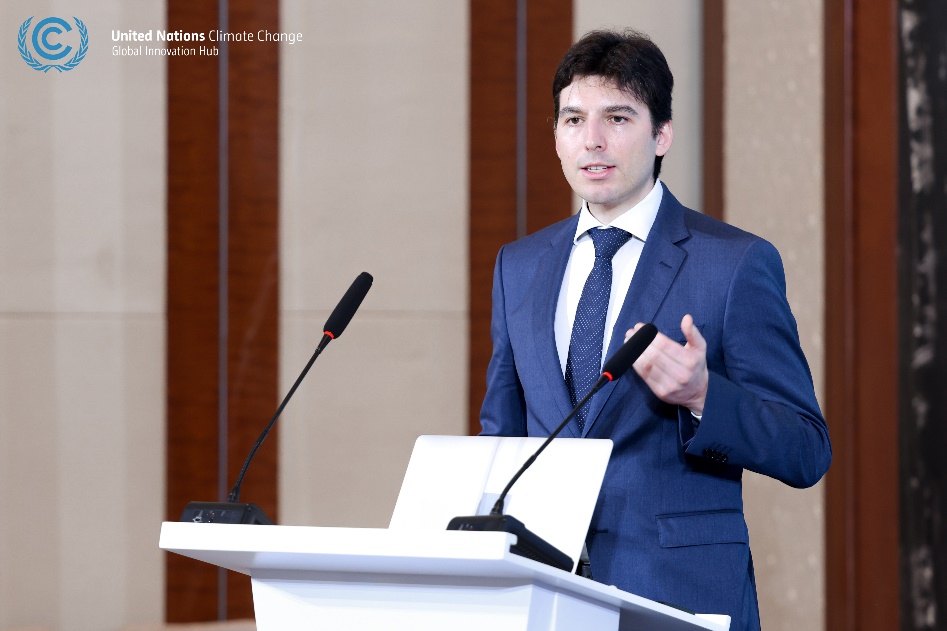Copyright © 2024 Peking University School of Transnational Law.

2014-12-01 Views: 154
Lecture details
Tuesday, December 9, 2014
5:10- 6:30 p.m.
C303, PKU ShenZhen
Short bios:
Aaron Simowitz is a Research Fellow at New York University’s Center for Transnational Litigation, Arbitration, and Commercial Law, a Fellow at the Classical Liberal Institute, and a Lecturer in Law at Columbia Law School, where he teaches Transnational Litigation and Arbitration. His scholarship considers the impact of new types of assets and transactions on international litigation and arbitration. His current work, Siting Intangibles, lays out a conflict of laws framework for judgment and arbitral award enforcement against intangible assets. Aaron received the 2014 Young Scholar’s Award from the American Society of International Law’s Private International Law Interest Group.
Before joining NYU and Columbia, Aaron worked at the New York office of Gibson, Dunn &Crutcher, where he focused on international litigation and arbitration. Aaron earned his J.D. from the University of Chicago Law School.
Talk Description:
On January 14, 2014, the United States Supreme Court decided Daimler v. Bauman. In Daimler, the Court dramatically curtailed the ability of U.S. courts to assert jurisdiction over foreign entities. Specifically, it held by a vote of 8-to-1 that the U.S. doctrine of general jurisdiction, which identifies where an entity can be sued for any claim whatsoever, applies only where the entity is essentially “at home.” The Court made clear that “at home”—except in “exceptional” circumstances—equals a corporation’s place of incorporation or principal place of business. In doing so, the Court upended half a century of U.S. law subjecting corporations to general jurisdiction wherever they have “continuous and systematic” contacts. This had the effect of bringing the U.S. much closer to the rest of the world in how it treats defendants. But it has also raised numerous unanticipated concerns, among them whether U.S. courts can assert power over arbitral award debtors or non-parties holding a defendant’s or debtor’s assets. We will discuss both the intended and unintended consequences of theDaimler decision, some of which are even now playing out in high-profile litigation between the Bank of China and U.S. luxury goods companies.

October 14, 2024
October 14, 2024
October 14, 2024
October 14, 2024
October 14, 2024